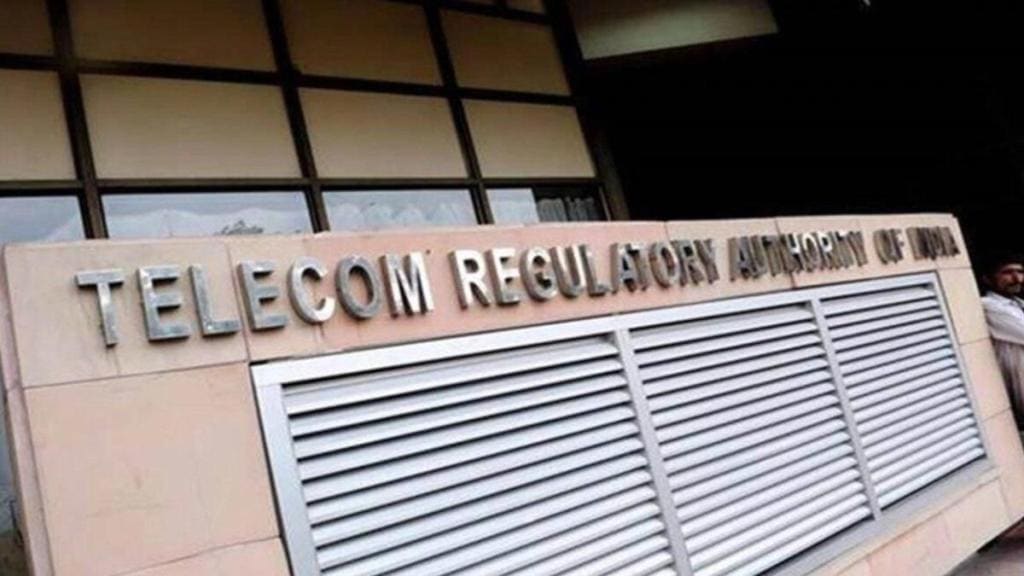The Telecom Regulatory Authority of India (Trai) on Friday started the process to examine the issue of regulating OTT communication apps like WhatsApp, Facebook, Instagram, Telegram, etc.
While the telecom regulator has sought stakeholders’ comments on issues such as definition of OTT apps, their licensing, privacy and security, etc, it has also brought in the issue of selective banning of OTT services in the event of law and order problem against the present practise of shutting down complete internet services in a region.
The parliamentary committee on communications and IT had earlier suggested the department of communications to examine the same.
Currently, if any kind of disturbance/violence hits an area, there is a complete shutdown of internet services there, thereby affecting internet banking services, health, education, etc. The parliamentary committee had asked the government to examine if only those services such as OTT apps that are more vulnerable to be used by terrorists or anti-social elements can be selectively stopped.
However, analysts pointed out that it is not possible to enforce selective banning owing to dynamic IP addresses. A static IP address is an expensive proposition and consumers do not opt it.
In its comments to the parliament panel, the DoT also said that the selective banning is difficult as the services are hosted on cloud and operate from multiple locations. With regard to the challenges, Trai has asked the stakeholders to detail technical challenges for selective banning of OTT apps, need for a regulatory framework for selective banning, and what kind of OTTs can be brought under the ambit.
While selective banning is a secondary step, first the government will have to bring these OTT communication apps under a regulatory ambit and then further regulations can be framed, experts said. The consultation on regulation of OTTs comes at a time when the government is considering a light-touch regulatory framework for such apps through the provisions of the upcoming Telecom Bill.
Both the telecom companies and the big tech companies have divergent views with regard to OTT regulations. According to telcos, the OTTs ride on their network infrastructure and provide similar kinds of services such as voice and messages, and therefore should come under regulation. On the other hand, tech companies said that they are already regulated by the IT act and over-regulation will curtain their innovations.
The DoT had last year asked the regulator to reconsider its earlier recommendations on the subject. In 2020, Trai said that there was no need for regulatory interventions in respect of issues related with privacy and security of OTT services at that moment.
“Market forces may be allowed to respond to the situation without prescribing any regulatory intervention. However, developments shall be monitored and intervention as felt necessary shall be done at appropriate time,” Trai had said in 2020.
The regulator at that time wanted the matter to be relooked once there is more clarity in the international jurisdictions.


